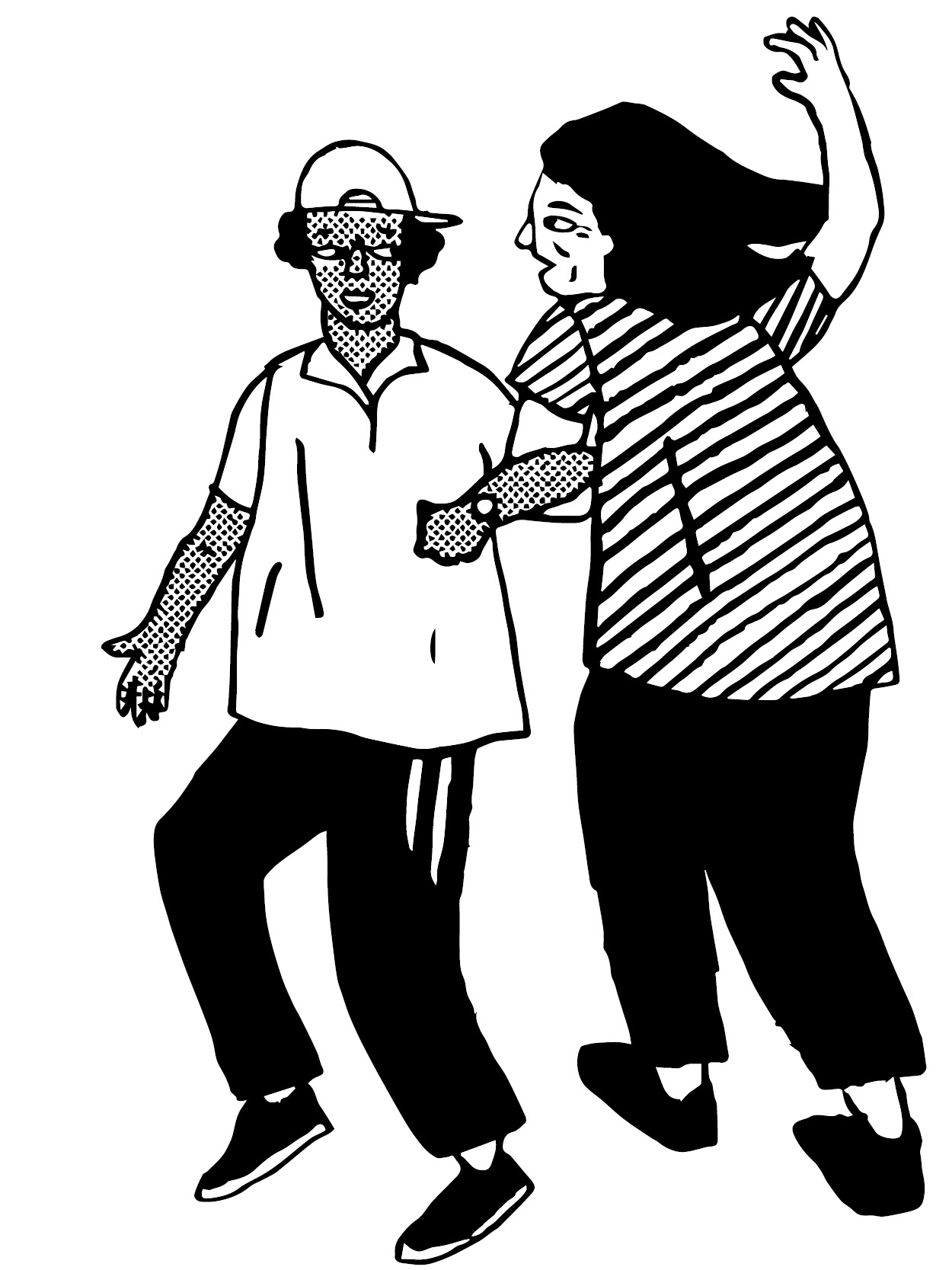Hocktide
Hocktide
Hocktide is the period covering the Monday and Tuesday after Easter and was once the first major festival day after Lent. It was a time for sports and games as well as a day for the collection and payment of rents and dues. Nowadays it passes almost unnoticed.
In some places it used to be known as Binding Monday and Tuesday because of the mock kidnapping and ransom that traditionally took place. On the Monday the men would be caught and tied up with ropes by women who, as in the Easter Lifting, would then demand money from them for their release. On the Tuesday the roles were reversed. In most cases the funds went towards buying food and drink for the revellers, but some Churchwardens’ Accounts state that this ‘Hock Money’ was often donated to parish funds. The origins of this practice (in fact, Hocktide in general) are uncertain, but they certainly go back a long way. For example, in 1497 13s 4d (65 Ap) was ‘gathered by the women on Hob Monday ’ in the parish of St Mary Le Hill, London, and in 1607 ‘women went a-hocking’ in Chelsea and collected 45/- (£2.25p). But it all obviously became too much of a bind and fell out of fashion ...
There is, however, one place where Hocktide is still very much observed. This is at Hungerford in Berkshire where the ceremonies are certainly unique, quite elaborate and very functional, tied up as they are with the administration of common rights. Hocktide day in Hungerford is Tutti-day (pronounced with a ‘tut’ and not a ‘toot’) and confined to the second Tuesday after Easter.
At around 8am on Hock Tuesday, the Bell Man (or Town Crier) summons all Hungerford commoners to ‘court’ by perambulating the town ringing his bell and periodically blowing the ancient John O’ Gaunt horn from a balcony on the town hall. All are ‘under pain of being fined a penny’ for not attending, which is not a serious amount these days. However, these commoners are bound to attend since their absence could result in their losing valuable privileges granted to them for free grazing, watercress, and salmon fishing on the River Kennet. These privileges date back to the time of John O’ Gaunt (1340-99) and relate to a piece of common ground of over two-hundred acres in size which was left to those living in certain houses in its proximity. These people are the commoners and the ‘court’ and jury of twelve elects from their ranks the various Hocktide officers for the following year.
The ‘court’ meets at 9am and in attendance are these various officers, including the Constable, the Bailiff, the Portreeve, Ale-tasters and Overseers. Just before the main court business begins, the Tutti (or Tithing) Men set out on their rounds to enact what is perhaps the most well-known part of the proceedings. Dressed up in top hats and tails and carrying their poles of office (two long staves beautifully adorned with Spring flowers, blue ribbons and an orange on the top), they aim to visit every common right household in the main street to collect their dues or tithes. They are accompanied by another man carrying a sack of oranges, known as the Orange Scrambler, whose purpose soon becomes clear. For the dues sought by the Tutti Men turn out to be kisses from each of the women in these households who, in return, receive the gift of an orange provided by the man with pheasants’ feathers in his hat. They then accept the offer of a drink or two and continue along the street. This procedure goes on for up to twelve hours and the kissing can even extend to women innocently passing by. Indeed, it is not unknown for a Tutti Man to sniff out a shy or elusive female by climbing a ladder and gaining access to a house through an upstairs window! Perseverance is all....
At 1pm there is a large luncheon these days held in the Town Hall for all the Hocktide officers and local people, after which some toasts are proposed to the immortal memory of John O’ Gaunt (the tipple is rum punch) and the Tutti men return to their arduous duties. The remaining company is then treated to some speeches and reports on various matters by the officers before the arrival of the infamous Blacksmith, who appears carrying some small horseshoes and nails for the ‘shoeing of the colts’. The ‘colts’ are the newcomers to the town and luncheon, who are one by one grabbed for the Blacksmith to hammer a farrier’s nail into the heel of one of their shoes. By tradition he continues hammering until the shod person yells “Punch” and thus agrees to buy a round of drinks for all those present. As their number can amount to over two hundred these days, it is now sufficient for the ‘colt’ to pay a small token to the Blacksmith in exchange for the nails and horseshoe. Those already initiated in this way may find it sensible to carry these as proof, just in case they run into this character again.
After this dramatic interlude, the whole company adjourns to ‘The Three Swans Hotel’ for anchovies on toast, which is a highly subtle way of encouraging even more drinking until late into the evening. The Tutti Men, meanwhile, continue their rounds until after nine o’clock at night when they too return to the Three Swans for one last beverage!
For what it’s worth, they are automatically made ale tasters for the ensuing year, having by now undoubtedly served their apprenticeship!










